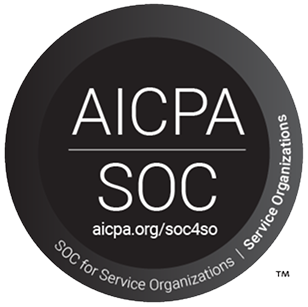Why I'm Not Building Horseless Carriages

Everyone's talking about Pete Koomen's "Horseless Carriages" essay from last week. If you haven't read it, the core argument is simple: Most AI apps are built wrong because they just add AI to existing interfaces instead of reimagining what's possible.
His analogy is spot on. When cars were first invented, we called them "horseless carriages." We couldn't imagine transportation beyond what we already knew.
But his conclusion? That's where we diverge.
Koomen argues that AI apps should be "agent builders, not agents." He wants users to customize system prompts, teaching AI their unique style and preferences.
This assumes two things:
- People want granular control over AI
- Personal style matters in every interaction
After building multiple companies and managing teams of hundreds, I've discovered something counterintuitive: Most people don't want more control. They want better outcomes.
At Drift, we had 200 CSMs handling thousands of customers. Despite what we might tell ourselves, those CSMs weren't expressing 200 unique communication styles. They were following templates, guidelines, and brand standards.
When your company grows, consistency becomes more valuable than individuality.
That's why at Agency, we're building something fundamentally different. We're not creating tools for humans to micromanage AI interactions. We're building agents that eliminate the need for human involvement in 90% of customer communications.
Consider the reality of enterprise software:
- CSMs are drowning in admin work
- Most "personalized" emails follow formulas anyway
- Customers can tell the difference between genuine human connection and templated outreach
The future isn't about giving users more control over AI. It's about giving users their time back so they can focus on the 10% of interactions that genuinely benefit from the human touch.
I don't want to spend my day fine-tuning AI prompts. I want to spend it talking to the customers who matter most while my AI handles everything else.
This is why the old playbook is dead. Companies with thousands of employees performing repetitive tasks that could be automated won't survive. The winners will be focused teams of 100 people supported by AI, not bloated organizations of thousands.
Koomen isn't wrong that current AI implementations are flawed. Gmail's AI email suggestions are the perfect example - they're formal, generic, and don't match how most people actually write. But the solution isn't giving users more control over the AI.
The solution is building AI that's so good at handling routine communication that you don't need or want to control it.
Save your personal touch for face-to-face meetings. Save your creative energy for solving hard problems. And let the AI handle the rest.
That's not a horseless carriage. That's a rocket ship.

